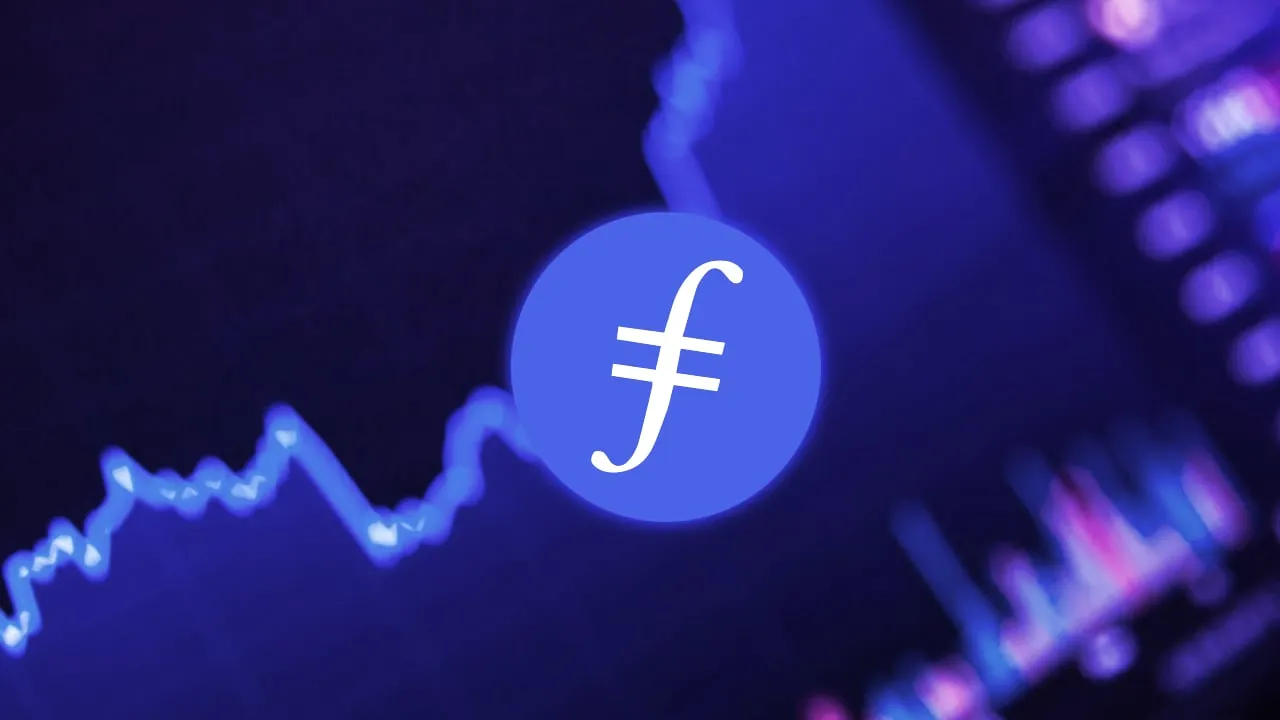Filecoin (FIL) has been one of the market’s worst-performing assets in the past week, with the storage protocol's FIL token plunging 30% over the last seven days.
FIL was trading at $2.96 by press time which is up 2.1% over the day, but the overall performance has been pretty dismal throughout the year, with the token hitting an all-time low of $2.64 last Friday, according to CoinGecko.
This is a massive gap from the coin’s all-time high of $236.84, which was recorded at the beginning of April last year.
Filecoin lets users rent out or sell spare storage space on their computers in exchange for the network's native token. The project is seeking to apply a crypto-native solution to a problem currently being serviced by existing centralized cloud storage services, such as Amazon, Microsoft, and Google.
At its peak, Filecoin was one of the market’s top 15 cryptocurrencies; however, the bearish chart suggests that investors may be losing faith in the project’s ability to disrupt the storage industry.
Plunging prices add to those concerns as incentives to provide storage are becoming less obvious.
Filecoin on the hunt for adoption
The bigger question, however, is about practical use cases for Filecoin, which, despite reasonable costs for data storage, no single point of failure, and the token’s deflationary economics, haven't been enticing enough for investors.
Last year, Filecoin introduced NFT.Storage, a new decentralized storage service to preserve the digital content associated with non-fungible tokens (NFTs), with OpenSea being one of the service's key clients.
Trading volume at OpenSea, however, plummeted to just $190 million last month, raising questions about how much of the current 15.22 exbibytes (15.22 billion gigabytes) of Filecoin’s capacity is really being used.
In what appears to be an attempt to address the issue, Filecoin recently announced the launch of Filecoin Chair, an initiative aimed to provide supplemental support and funding for teams building joint use cases between Filecoin and Tableland, a project marketed as “a permissionless relational database for web3 natives.”
To qualify, teams must be building a proof of concept that leverages Tableland and at least one core tool from the Filecoin ecosystem (Filecoin, IPFS, NFT.Storage, or Web3 Storage), with novel concepts in the realm of NFTs, gaming, and metaverse given special consideration.

